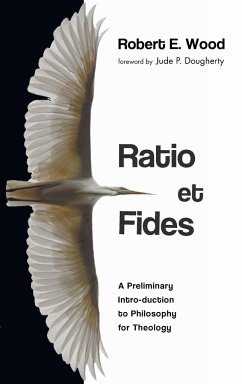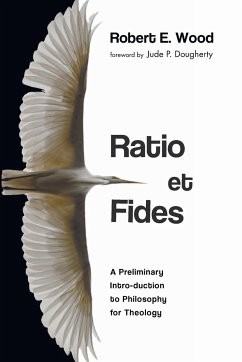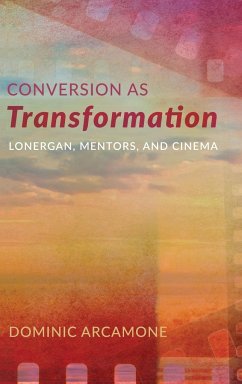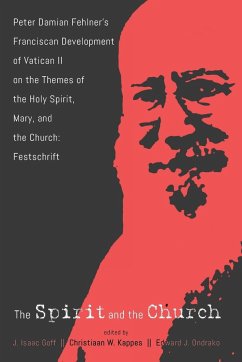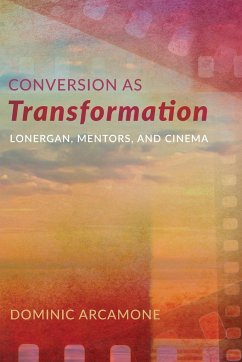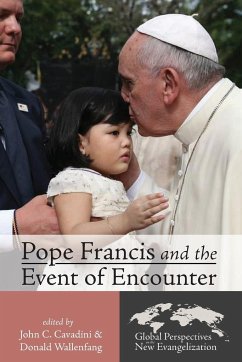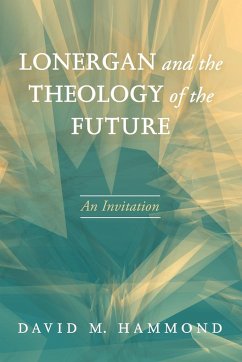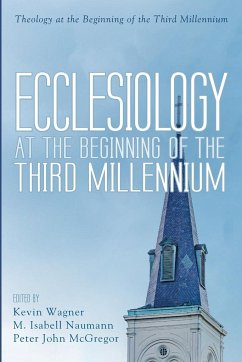In the face of growing skepticism and relativism, ""believe in reason"" is the central message in Pope John Paul II's Fides et Ratio. Only by the two wings of reason and faith together can the human spirit soar. The current work, Ratio et Fides, is its philosophical counterpart. It is not a watered-down introduction but a ""leading-into"" the heart of philosophic thinking. Firmly rooted in the phenomenological description of an ordinary artifact, a mailbox, the book uses the principles involved in the description to examine key figures in the history of thought. We focus on three areas: the Soul, Morality, and God. We consider seven thinkers. Plato and Aristotle, who founded the tradition, were taken up by Augustine and Aquinas in developing their theologies. Descartes launched the distinctively modern tradition, culminating in Hegel's systematic presentation of the whole Western tradition, philosophical and religious. More recently, Heidegger approached that tradition in terms of its hidden ground in the Mystery of Being, recalling us to meditative thinking as the secular counterpart to prayer. Armed with this background, students will be able to approach with profit the Fathers of the Church and major theologians and philosophers, past and recent. ""Rooted in a lifetime of reflection of, and teaching of, the philosophical tradition, Robert Wood's Ratio et Fides is an accessible and engaging presentation of philosophical themes directly relevant to the study of theology. The occasion for its composition is Wood's teaching of seminarians for whom it is an indispensable guide, but the audience here is much wider, including all those reflective believers who desire to anchor their thinking, their prayer, and their active lives in a tradition of wisdom about life's most important questions."" --Thomas Hibbs, Honors College Dean and Distinguished Professor of Ethics and Culture, Baylor University ""More than an introduction to philosophy for students of theology, this is also a probing study of some of the great texts of the tradition, shaped by a constant sense that profound philosophical work finds itself in kinship with theology. Wood is a careful reader and thinker, and moves easily from text to text without his reader ever being in doubt about the nature of each step. His thinking is Catholic and it is catholic, as indeed is reason itself, according to a central thrust of the book. Strongly recommended for students of theology and philosophy, and their teachers."" --Jeffrey Bloechl, Department of Philosophy, Boston College Robert E. Wood is Professor of Philosophy in the Institute of Philosophic Studies at the University of Dallas. He has written ninety articles and eight books, his most recent being The Beautiful, the True, and the Good: Studies in the History of Thought, a collection of papers from 1966 to 2012. He is a past president of the American Catholic Philosophical Association and for twenty years was the editor of American Catholic Philosophical Quarterly.
Hinweis: Dieser Artikel kann nur an eine deutsche Lieferadresse ausgeliefert werden.
Hinweis: Dieser Artikel kann nur an eine deutsche Lieferadresse ausgeliefert werden.

